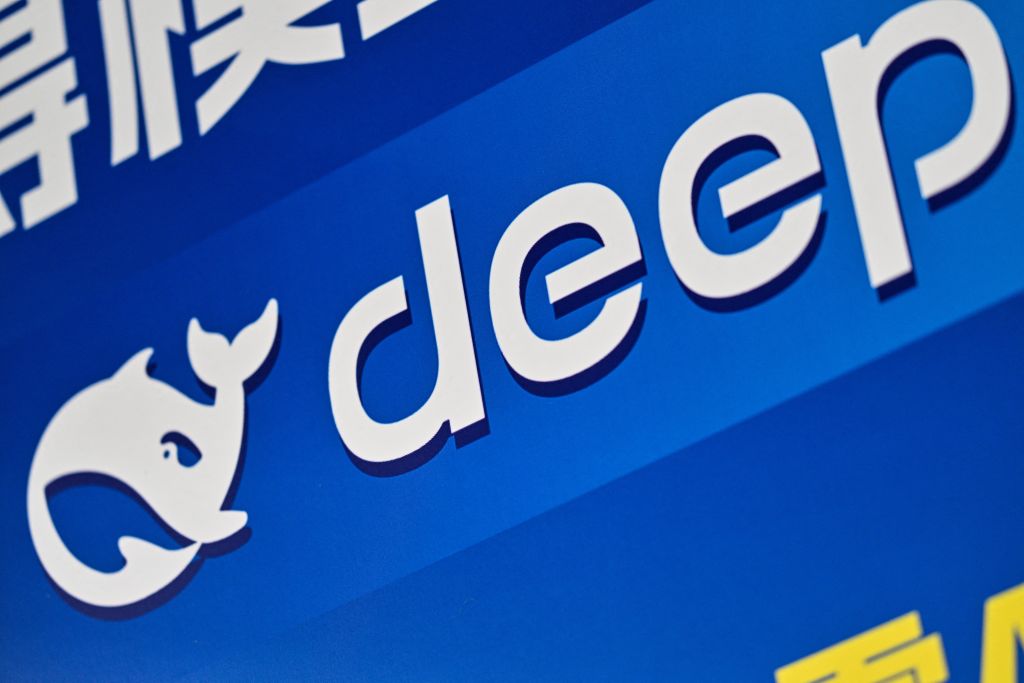China is promoting its DeepSeek-R1 AI chatbot to African users, with some experts saying the system is a threat to users’ data privacy and yet another technological innovation that lies outside of national control for African countries.
China’s Huawei Technologies Co., which has connections in many African countries, has partnered with Chinese hedge fund High-Flyer to offer the open-source version of DeepSeekAI as a cheaper alternative to AI chatbots such as ChatGPT that are based in European and North American countries.
For African companies using DeepSeek as the foundation for their own AI chatbots, DeepSeek charges significantly less to process requests and answers than other AI models, about 94% less than ChatGPT, for example.
In exchange for using DeepSeek, the operating system stores users’ chat histories, prompts and locations on servers that are accessible by the Chinese government, a fact that critics see as a way Huawei can help authoritarian governments in Africa spy on citizens. Privacy advocates say Huawei has used its Safe Cities network to help governments on the continent surveil their citizens.
James Ong’ang’a, founder and CEO of LoHo Learning, a Kenyan education technology company, told Bloomberg that he avoided DeepSeek AI because it stores users’ data in a way that makes it accessible by the Chinese government. AI models developed by European and North American companies provide more reliable data protection, he said.
“For child-centered learning, Western open-source models deployed on edge devices offer a more responsible, secure, and future-proof approach for Africa, at least at this moment,” Ong’ang’a said.
DeepSeek is already becoming widespread in some countries such as Kenya, where tech startups are using it or its competitor, AliBaba’s Qwen AI, to analyze economic data and to evaluate investment risks, among other things.
With the exception of South Africa, African countries largely fall short on the factors that support future AI growth, most notably computing resources, trained programmers and cheap, reliable electricity.
South Africa leads Sub-Saharan Africa with 49 AI data centers, followed by Kenya (18 data centers) and Nigeria (16 data centers). Angola, Ghana, Mauritius and Tanzania are building data centers as well. Egypt and Morocco are North Africa’s major data center hosts.
As China promotes DeepSeek and other AI software to African users, some analysts see a parallel to China’s Belt and Road Initiative, which brought major infrastructure improvements to African nations but left them financially dependent on China. Huawei was part of that program, building the data centers, 5G wireless networks and fiber-optic systems that underpin China’s current AI push.
For analysts like Kenya-based AI strategist Sidney Essendi, African nations that don’t increase their own investment in homegrown AI technology risk becoming dependent on foreign providers — providers that can disrupt service for their own domestic purposes as Chinese AI companies have done in the past.
Homegrown AI systems will also be better able to accommodate Africa’s diverse languages and cultural considerations, analysts say. Homegrown AI models also can better protect users’ data — including personal, financial and medical — as it is added to the networks.
“Kenya must shift from discussion to action,” Essendi wrote recently in a post on LinkedIn. “Without investment, it risks becoming AI-dependent instead of AI-driven. Without proper investment, Kenya risks remaining a consumer of AI rather than a creator.”

